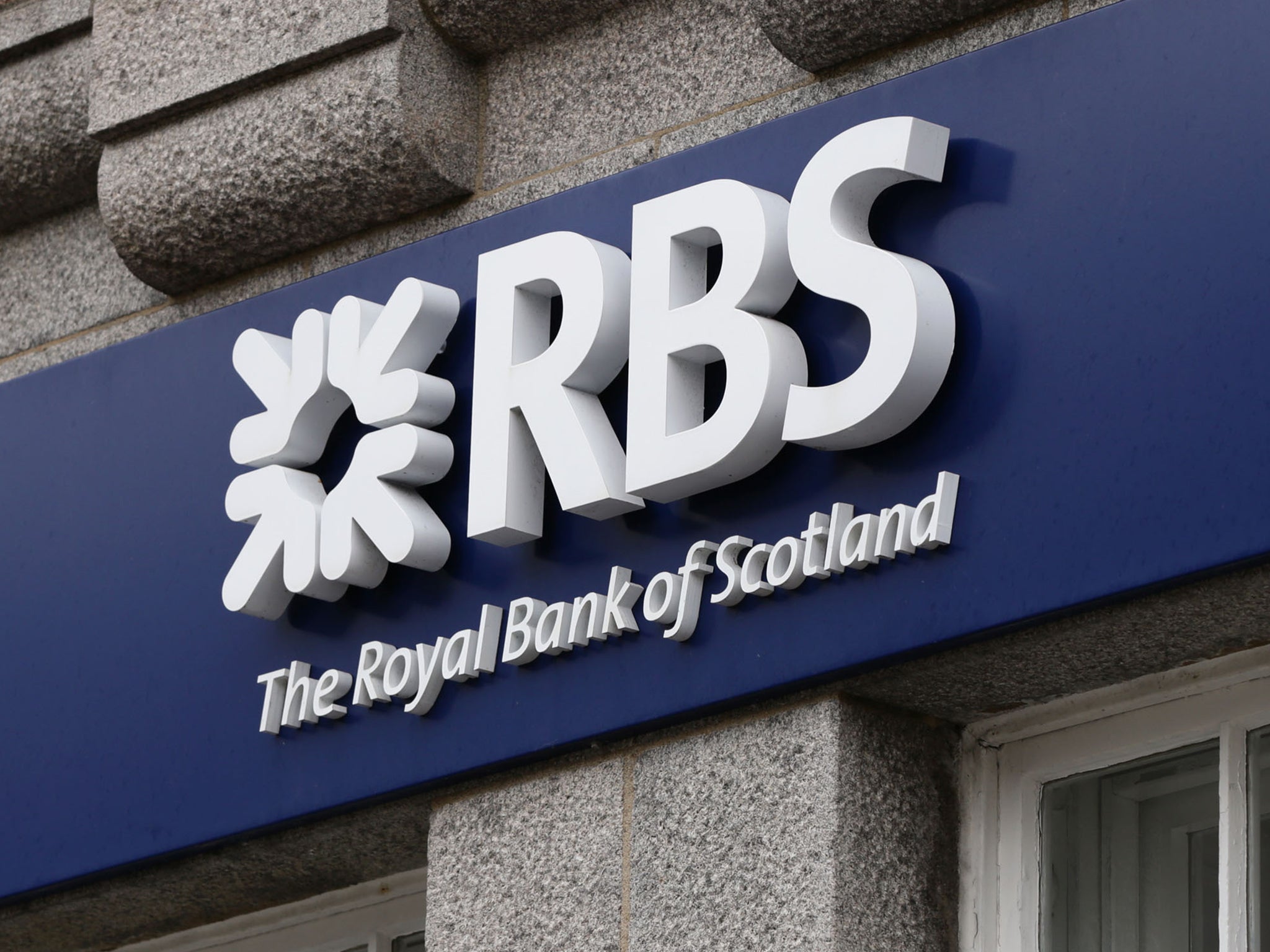RBS to face no action over GRG small business lending scandal as the bankers get away with it. Again
The FCA says it doesn't have the grounds to act against the bank or its former bosses

Your support helps us to tell the story
From reproductive rights to climate change to Big Tech, The Independent is on the ground when the story is developing. Whether it's investigating the financials of Elon Musk's pro-Trump PAC or producing our latest documentary, 'The A Word', which shines a light on the American women fighting for reproductive rights, we know how important it is to parse out the facts from the messaging.
At such a critical moment in US history, we need reporters on the ground. Your donation allows us to keep sending journalists to speak to both sides of the story.
The Independent is trusted by Americans across the entire political spectrum. And unlike many other quality news outlets, we choose not to lock Americans out of our reporting and analysis with paywalls. We believe quality journalism should be available to everyone, paid for by those who can afford it.
Your support makes all the difference.So the bankers have got away with it. Again.
That’s basically the takeaway from the decision by the Financial Conduct Authority (FCA) to take no action against Royal Bank of Scotland and its former executives over the activities of its global restructuring group, which dealt with troubled business borrowers and has faced accusations of pushing them into bankruptcy and stripping their assets.
RBS has rejected the most serious allegations, and the watchdog cleared it of acting dishonestly or without integrity from a legal standpoint.
But in a statement issued this morning, the FCA made it quite clear that it has been left less than impressed with the conduct of the unit.
Its conclusions following an investigation into what went on there, and the impact upon RBS’s small and medium-sized enterprise (SME) customers, are damning.
The watchdog found a failure on the part of GRG and RBS to “recognise and manage conflicts of interest”. It said the bank did not have “appropriate governance, policies, procedures and processes ... to ensure that a reasonable balance was struck between the interests of the bank and those of its SME customers”.
The decisions that GRG made “had the potential to exacerbate ... customers’ already difficult circumstances and to have a significant bearing on lives and livelihoods”. It appeared not to “recognise the emotional stress” suffered by SME customers in difficult circumstances.
You might very well think after having read that and some of the other conclusions contained in its statement that it is saying something like “they were complete and utter bastards”. Just “complete and utter bastards” who didn’t act dishonestly.
As a result, there are no grounds for it to take the matter further, even were it to use its rules creatively.
Similar to business lending, the setting of Libor interest and foreign exchange rates were unregulated activities. But the FCA skewered the banks involved in attempting to fix them through their failure to maintain “adequate systems and controls”.
I was told that commercial lending, by contrast to the trading done by investment banks, is just too far off the regulatory piste for that to work.
So the FCA is left saying that we’re really jolly cross but what can we do?
“The fact that we can’t take action in no way condones the behaviour of RBS. We expect high standards from the firms we regulate and RBS fell well short in its treatment of GRG customers.
“We feel strongly that those companies that have suffered loss as a result of how they were treated whilst in GRG must be appropriately compensated,” it said.
Motivated by the awful PR this has generated, and perhaps a prod or two from its biggest shareholder (the taxpayer), the latter is supposed to be happening.
We are also told that it couldn’t happen again. The senior managers regime brought in by parliament puts bank bosses under a much tighter rein.
The Treasury Committee wants still more. It has called for the FCA to be given powers to fully regulate commercial lending. The Treasury would be wise to heed that call given the political ferment caused by this.
But it would still be shutting the stable door after the horses have bolted to places where they can feast on the finest grass bonus money can buy.
As I said at the start, the bankers got away with it. Again.
That, and the perception of the elite closing ranks behind its own? Not a good look.
It is grist to the mill of cynical political actors who claim to be anti-establishment, even when they come from it, and who promise to smash things up, even though that won’t stop people from getting away with things.
I think that the FCA should have a go at imposing discipline, even if any attempt to do so is doomed.
I know it would cost time and money, and a QC has told the regulator it doesn’t stand much chance of success.
But it would at least show willing to a sceptical public.
Looking forward, we really could do with a banking “truth commission”; a judge led public inquiry with the ability to compel witnesses to testify, like the one currently getting under way in Australia.
I know, I know. We’ve had lots of inquiries, lots of reports. The ones RBS and GRG have generated alone have probably resulted in more trees being felled to print them than currently stand in Thetford Forest.
But scandals like the one at GRG have created a boil that festers on the back of British public life, one that has got infected to the extent that it is serving the interests of some very, very nasty people.
It needs lancing. Urgently.
Join our commenting forum
Join thought-provoking conversations, follow other Independent readers and see their replies
Comments